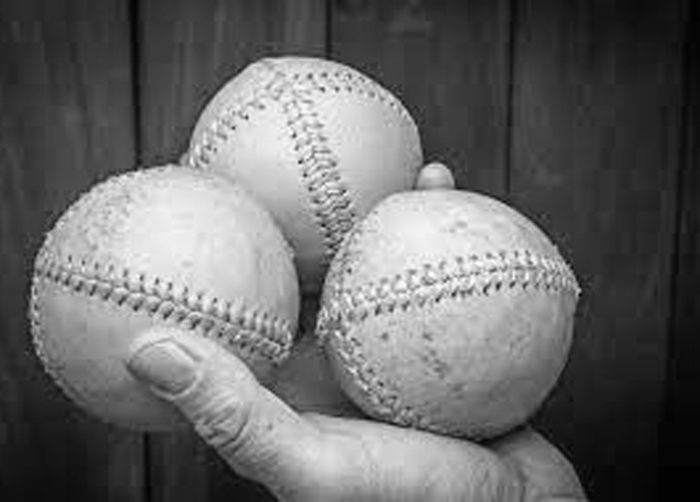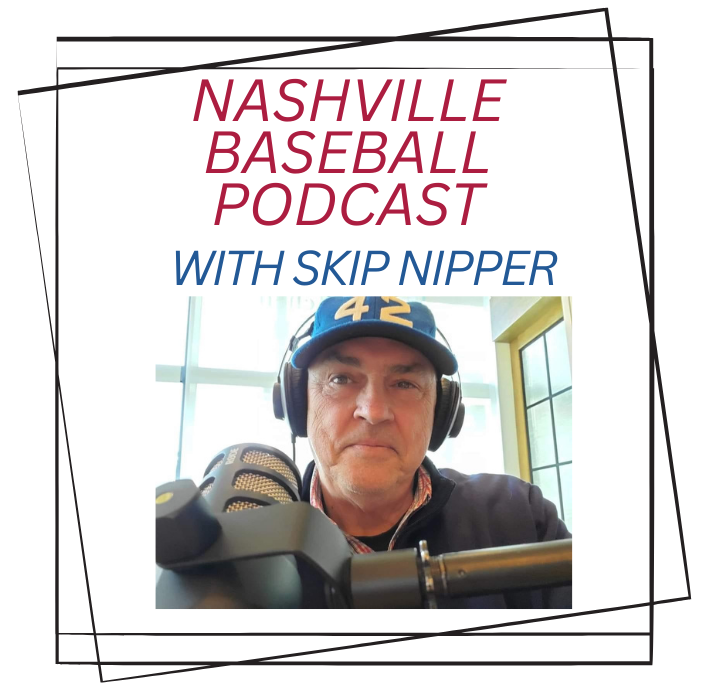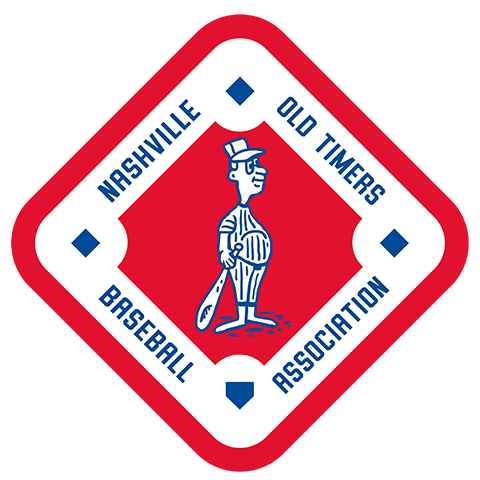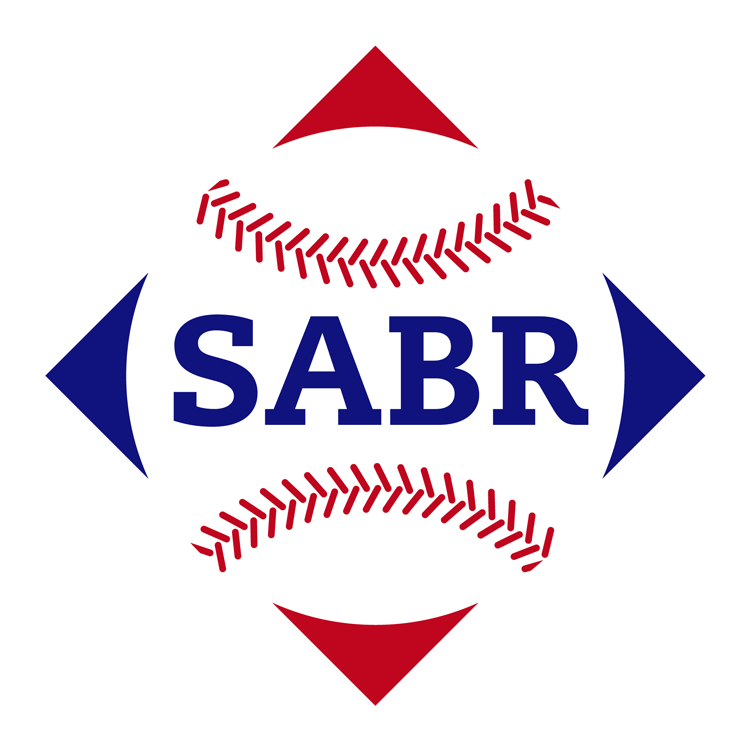
I enjoy scrolling through online sources for baseball games – whether one word, “baseball,” or two, “baseball” – and every once in a while, I come across something with added interest.
I will take you back to October of 1868, Saturday the 3rd, to be exact. The Nashville Republican Banner reported in their Tuesday, October 6 edition that a “match game”, as newspapers reported them in those days, took place between the Eagle base ball club of Franklin and the Athletic of Nashville. Here’s how the newspaper article reads:
“A very exciting match game of base ball was played at Franklin on Saturday, between the Eagle Club, of Franklin, and the Athletic Club, of Nashville, which resulted in victory for the latter by a score of,” get this, “76 to 13.”
“There were a great many people out to witness the game, among them a great many ladies. The Athletic Club did some very heavy batting,” if they scored 76 runs, that was an understatement,” and the playing on both sides was very good.”
“The following is the score:”
A list of the batting orders for both teams follows, but at-bats, hits, and all other expected information are missing. What is there is the number of runs each player scored and how many outs he made—once again, that is how many offensive outs he made.
Each player’s position is listed next to his name. By the way, the Athletic third baseman led his team in scoring with 12 runs, and second baseman George Bean and shortstop O. Goard scored ten each.
The line score is printed, too. The Athletic scored most of their runs in the second inning, with 19 and 14 runs in the ninth. The umpire was Mr. J. W. Baugh from Franklin. The scorers listed were Mr. Blum for the Athletic and Mr. Parks for the Eagle.
An article published much later caught my eye one day that gave a connection to the game played many years before. It came in the form of the catcher for the Athletic club who scored one run and made two outs: C. S. Caldwell.
There is no byline for who wrote the article, so it could have been one of many sports writers for the Banner in 1927.
But player Caldwell relates his memory of that game very well.
“Back in 1868,” the article says, “when there wasn’t such a thing as a professional baseball league and the players did not wear gloves nor masks, the sport was being played in this section. Happenings of that picturesque period were related to the writer yesterday by C. S. Caldwell, local real estate dealer and business man.”
Without access to internet searches, researching past events required thumbing through archived newspapers, but in this case, the article had been clipped and held.
“The clipping has been kept for fifty-nine years by James M. H. Smith, an aged Negro baseball fan, who in 1868 was a youth and idolized the Nashville players. He went to Kansas City in 1882, where he has lived ever since. Upon returning here this week for a visit he brought the news article, saying that he though it would prove of interest to many old timers.”
Caldwell glanced over the account of his game and gave details about his involvement.
“I certainly remember that game. At that time the population of Nashville was about 30,000 and of Franklin was about 2,500.
“I do not remember but one of the Nashville players, and he is William Erwin, who is a retired Nashville business man,” he continued, “I do, however, remember all of the Franklin players except one, and I know that all of them are dead except myself and two others. Tom Bradley, who caught for the Eagles in that game, is now in the automobile business in Birmingham, and J. S. Parks, our shortstop, is now an officer of high rank in the United States Army.”
He displayed a broken finger while catching barehanded to prove he played baseball. He told the writer how the players hardened their hands in those days by “burning one another out” from one base to another.
Those were the days pitchers had to deliver the ball underhanded, and if he threw above his hip, he led to disqualification. The best underhand pitcher in Nashville, Caldwell said, “was Jesse Warren, who organized the Warren Paint Co.,” which was still doing business at the time and is in business today at 700 Wedgewood Avenue in Nashville.
C. S. Caldwell, the unnamed sports writer, and James M. H. Smith have given us a wealth of information about how the game was played in those days. Remember, the Civil War had ended only three years before that special game in Franklin, Tennessee, in 1868.
© 2024 by Skip Nipper. All Rights Reserved.



